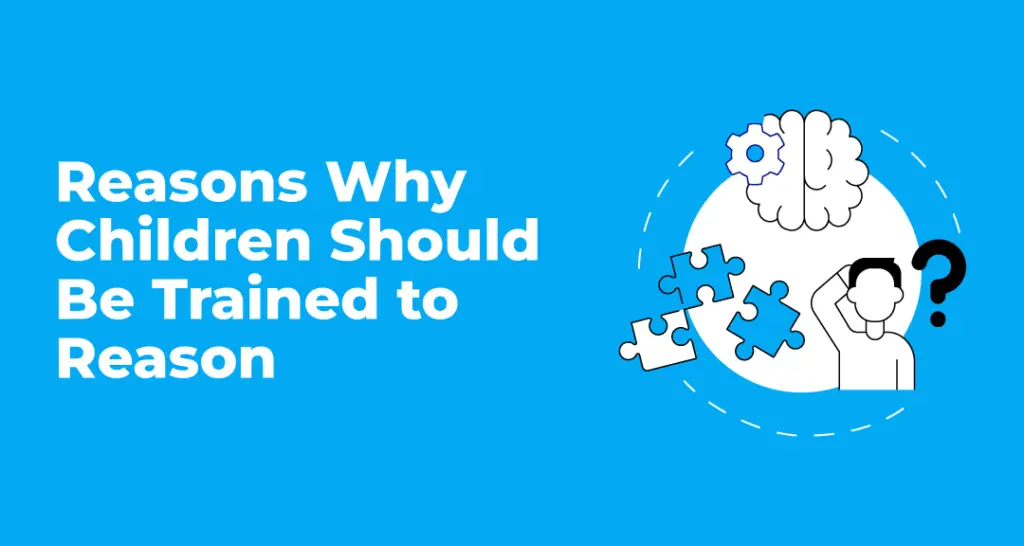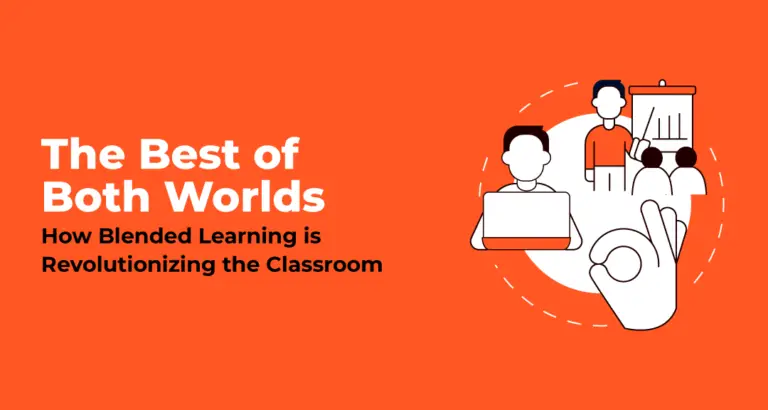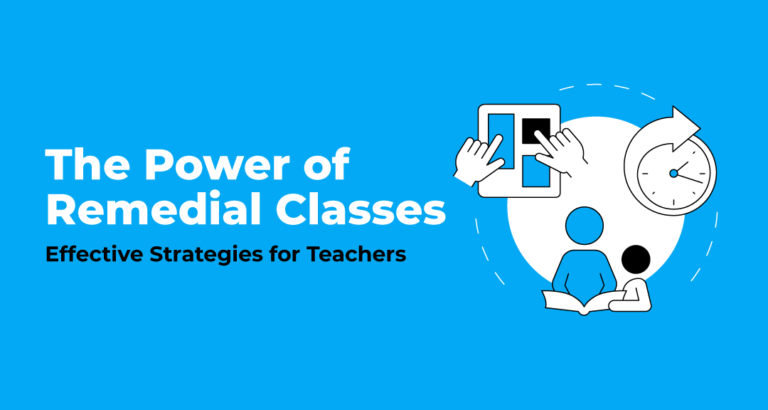Reasons Why Children Should Be Trained to Reason
- School Leaders, Teaching
- July 11, 2024
- VOLT Learning

Our Weltanschauung,or the way we perceive the world around us, is mediated by the Internet. The umpteen technological means and devices load us every moment with new ideas and information. This information deluge leaves us wondering what is actually worth our attention. Does it help us plan our career or future? What is useful? What is relevant? What is valid? In short, what criteria should we adopt to weigh the utility and significance of the ideas and information we receive every day? One answer is formal training in reasoning.
The abilities of critical thinking, logical interpretation and intelligence help young minds make sense of information, and also make the right choice in different life situations.
Reasoning is one of the most important life skills that need to be developed in children from the early stages. The abilities of critical thinking, logical interpretation and intelligence help young minds make sense of information, and also make the right choice in different life situations. Moreover, they can assess, analyse, tackle and resolve a particular situation or problem with a rational approach, by applying logic based on existing or new information. Reasoning is the art of choice making: it is instrumental in weighing the benefits and disadvantages of two or more courses of action before choosing the one that is more beneficial or suitable. Furthermore, it can help them handle uncertainty, verify claims and assess situations carefully. Among other benefits of learning reasoning are better problem-solving, sharp and creative thinking, and superior goal-setting abilities. All of these are crucial from the point of view of career development.
Reasoning is the starting point of all manner of right thought and action.
The ability to reason logically defines a child’s leadership abilities at an early age. In short, reasoning is the starting point of all manner of right thought and action. Teachers, therefore, need to train the learners to apply reasoning to excel in academics, enrich their learning experience and gain the respect of teachers as well as peers.
Reasoning is a practical life skill that helps handle different problems of day-to-day life. At different levels of teaching-learning experience, reasoning should be recognised as a major component of classroom teaching and pedagogy for its gamut of applications cutting across almost all fields of knowledge. As such, the use of multiple interrelated thinking skills to objectively analyze different problems and find their rational solutions should be stressed during the course of classroom learning.
As the world witnesses unprecedented automation and diverse applications of artificial intelligence, being human will come to be characterized by higher-order thinking skills like reasoning and creativity. These skills are the need of the hour for the learners, besides the fundamental skills of calculation, arithmetic and memorization.
It’s time we started getting future-ready and came up with new tools and formats to develop in children skills such as critical thinking, analysis, comparison and appraisal.
Reasoning has a gamut of applications, from everyday decision-making to powerful algorithms. So, it’s time we started getting future-ready and came up with new tools and formats to develop in children skills such as critical thinking, analysis, comparison and appraisal.
The recently released National Education Policyemphasizes the need to adopt a practice-oriented approach to classroom teaching with stress on the skill of reasoning. It emphasizes the acquisition of both hard and soft skills while discouraging the traditional rote-learning practices. The recommendations of the NEP pave way for courses in reasoning to become a crucial constituent of the regular school curriculum.
*******
Please check out ‘VOLT Reasoning and Aptitude‘, a blended academic course focusing on cognitive skills for school students.



